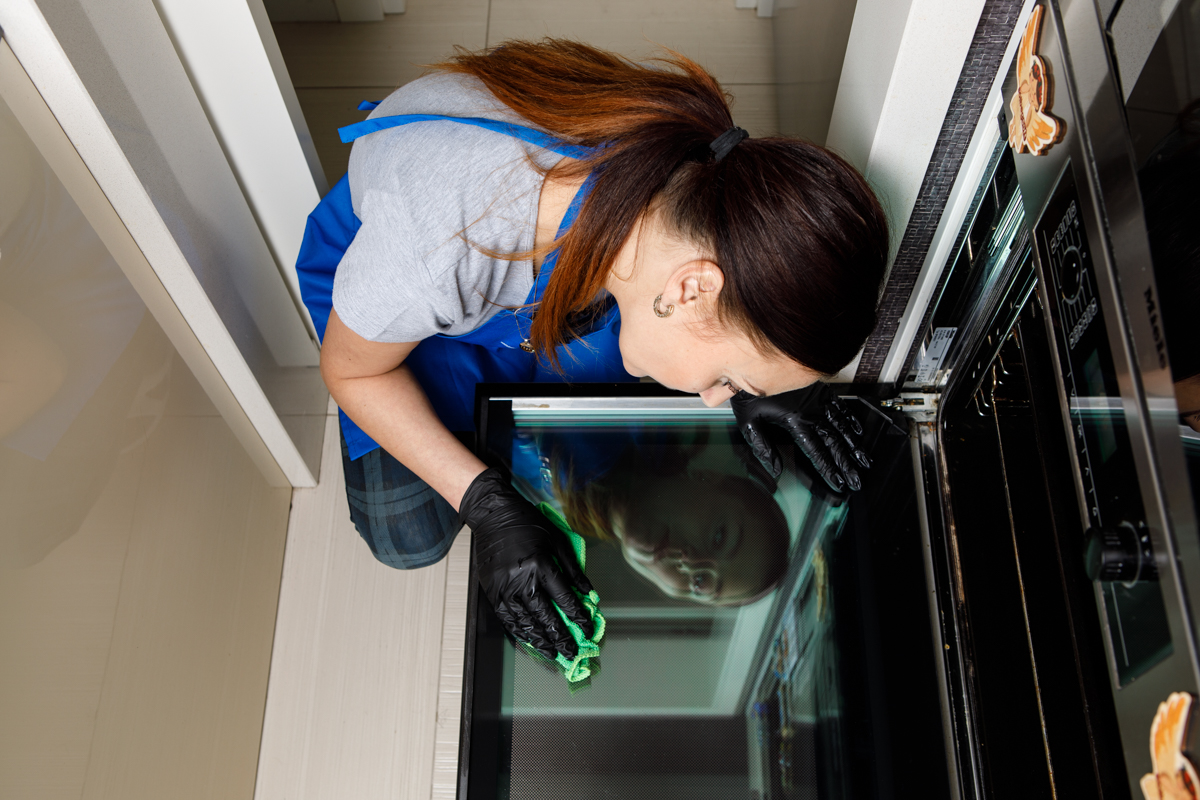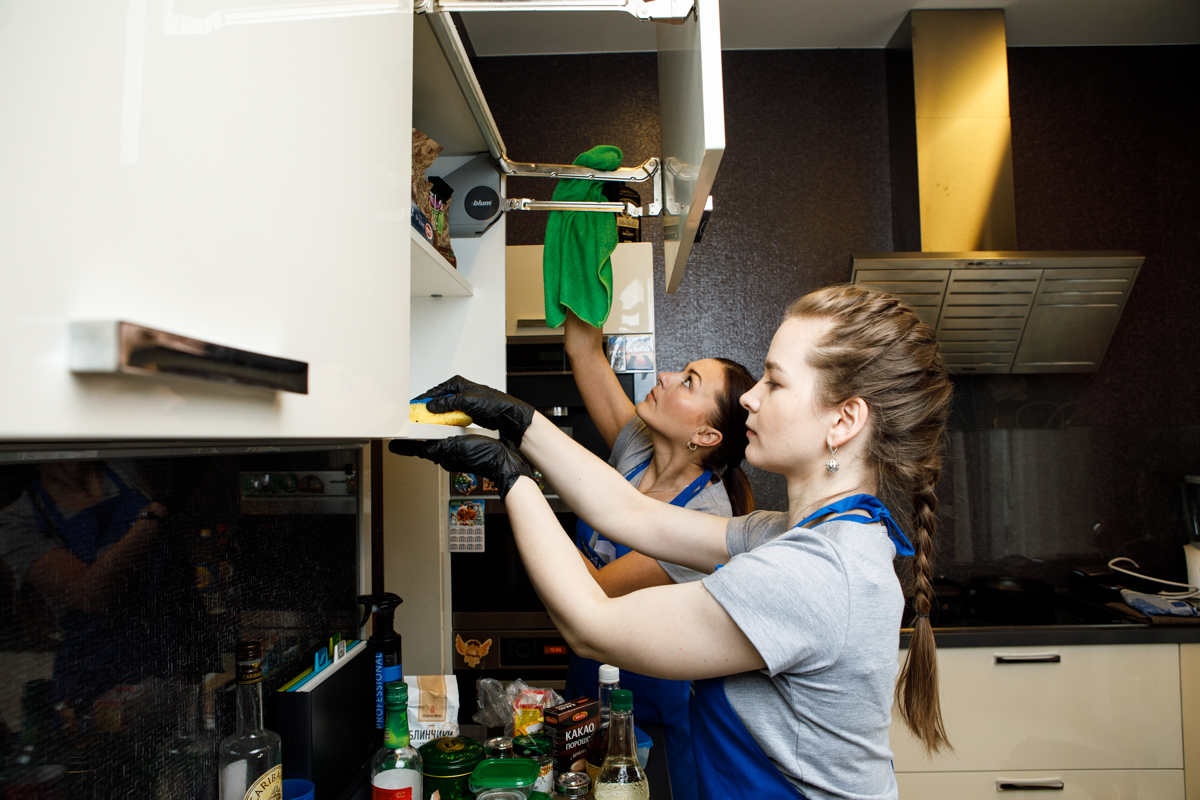Is Hiring Cleaning Services in Europe Safe? Risks, Quality, and Consumer Protections
The cleaning services market in Europe is well-established and generally reliable, but concerns do exist regarding safety, theft, and service quality. Here’s an overview of the key issues and how customers can protect themselves when hiring cleaners.
1. Safety and Risks: Is Theft a Concern?
While the majority of cleaning companies in Europe operate professionally and honestly, incidents of theft and misconduct do occur, though they are relatively rare. Here are some key points to consider:
-
Background Checks: Reputable cleaning companies, especially those operating on platforms like Helpling, Book a Tiger, or Cleanwhale.de, usually perform background checks on their employees. This reduces the risk of hiring cleaners with a criminal history.
-
Incidents of Theft: Cases of cleaners stealing valuables have been reported, though they are not common. In France, for example, there have been high-profile cases where cleaners in luxury apartments were involved in theft. In the UK, similar incidents have led to criminal charges and publicized court cases. However, these incidents represent a small fraction of the overall market.
-
Precautionary Measures: Customers are advised to take basic precautions, such as storing valuable items securely and using services that offer insurance. Many cleaning platforms provide coverage for damages or theft as part of their service agreements.
2. Quality of Cleaning Services: What to Expect?

The quality of cleaning services can vary significantly depending on the company or individual hired:
-
Digital Platforms vs. Independent Cleaners: Platforms like Helpling and Cleanwhale.de maintain service standards by allowing customers to leave reviews and ratings. This transparency helps maintain quality, as cleaners with poor ratings are less likely to get booked. On the other hand, hiring independent cleaners without the backing of a platform can be riskier in terms of both reliability and service quality.
-
Training and Professionalism: Established companies typically train their staff to meet industry standards. However, in cases of smaller, informal providers, the level of training and expertise can be inconsistent. Customers are advised to check for certifications, company reviews, and whether the service provider is insured.
3. Where to File Complaints: Consumer Protection in Europe
If issues arise with a cleaning service, European consumers have several avenues for recourse:
-
Consumer Protection Agencies: Each EU country has consumer protection agencies that can assist with complaints related to services. In Germany, for example, the Verbraucherzentrale offers support and can mediate disputes between customers and service providers.
-
Review and Ratings on Platforms: Platforms like Helpling and Book a Tiger allow customers to leave public reviews. This can be an effective way to hold companies accountable, as poor reviews can affect their business. Additionally, these platforms often have customer service teams that handle disputes and compensation claims.
-
Legal Action: For serious disputes, such as theft or significant property damage, customers can take legal action. Small claims courts in Europe are accessible and commonly used for resolving consumer disputes.

4. Statistics and Market Insights
While detailed statistics on theft or complaints in the European cleaning industry are limited, surveys suggest that consumer confidence in cleaning services has increased over the past decade due to better regulation and the rise of digital platforms:
-
Growth of Digital Platforms: In 2021, digital platforms for booking cleaning services saw double-digit growth across Europe. This growth is driven by convenience, transparency, and increased consumer trust.
-
Customer Satisfaction: According to surveys, the majority of customers who use cleaning services in Europe are satisfied with the quality, citing convenience and professionalism as key benefits. Complaints are more often related to minor service issues than serious incidents like theft.
5. Conclusion: Is It Safe to Hire Cleaning Services in Europe?
Overall, hiring cleaning services in Europe is generally safe, provided that customers choose reputable companies or platforms. While incidents of theft or poor service quality can occur, they are relatively rare, especially with professional services that offer background checks, insurance, and transparent reviews. By taking precautions and knowing where to turn if something goes wrong, customers can minimize risks and enjoy reliable cleaning services.















